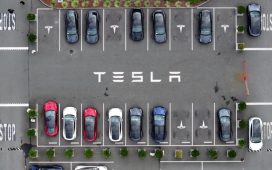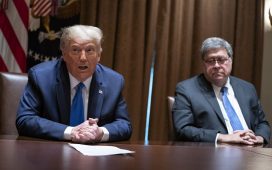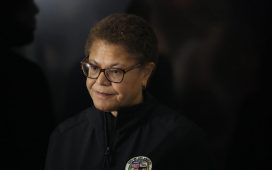Ford Motor Co. is considering manufacturing battery cells for electric vehicles as a way to offset potential job losses as a result of products that require fewer parts to build, CEO Jim Farley said Friday.
Speaking at a Reuters Automotive Summit, Farley said Ford plans to transition its work force from building internal combustion engines to assembling inverters and electric motors, but that may not be enough. The UAW in recent years has raised concerns about employment levels should most automakers transition to products that aren’t as complicated to build.
“The fact of the matter is electric vehicles have 40 percent less parts, and that means they’re a lot easier to put together,” Farley said. “We do have to solve for the reality that when electrification becomes 25 percent or 50 percent of our industry in the coming years, what are we going to do about the jobs? One of the obvious choices is going into cell production.”
So far, Ford has relied on suppliers to build battery cells that will power its first wave of EVs, including the Mustang Mach-E crossover, E-Transit van and F-150 electric pickup. This year, Farley’s predecessor, Jim Hackett, noted there was “no advantage” for Ford to build its own batteries, saying the strategy gave the company more flexibility if EV demand falters or a chemistry breakthrough makes today’s battery technology obsolete.
However, Farley said Friday that Ford would consider battery production as its EV portfolio expands.
“Absolutely, we’re discussing it as a team,” Farley said. “We think it’s the natural time now because our volume is really growing. What we’re finding is there’s not a lot of capacity flexibility if you buy your batteries from someone else. There’s a lot of other reasons beyond cost to make a move. It’s something we’re discussing within the company, and it’s the right time to discuss it.”







